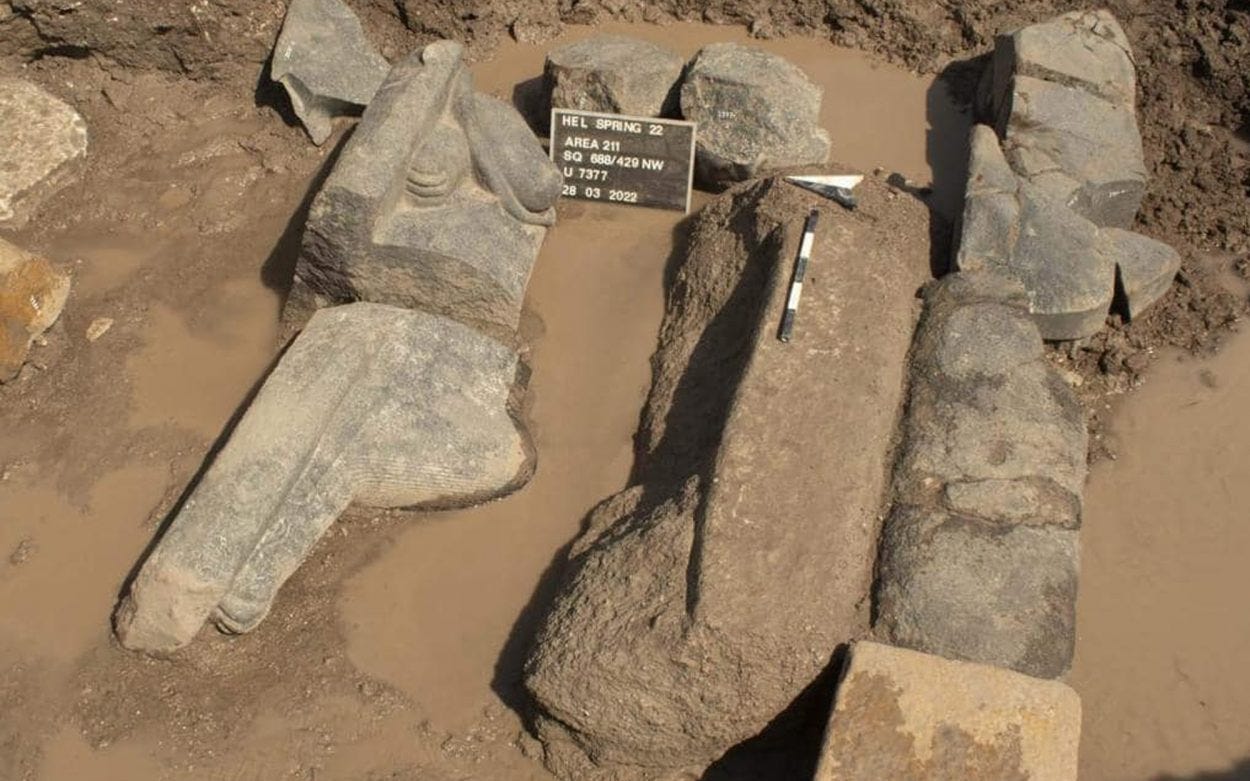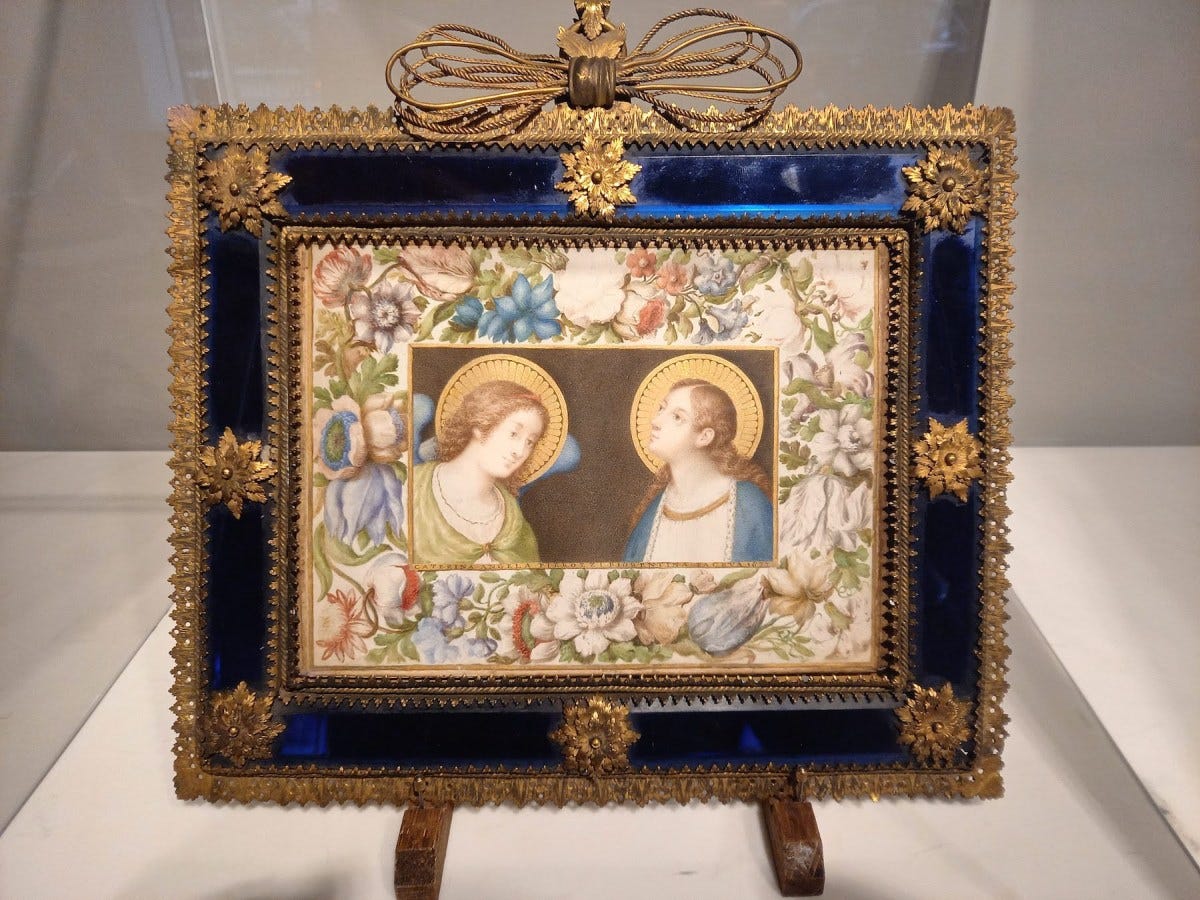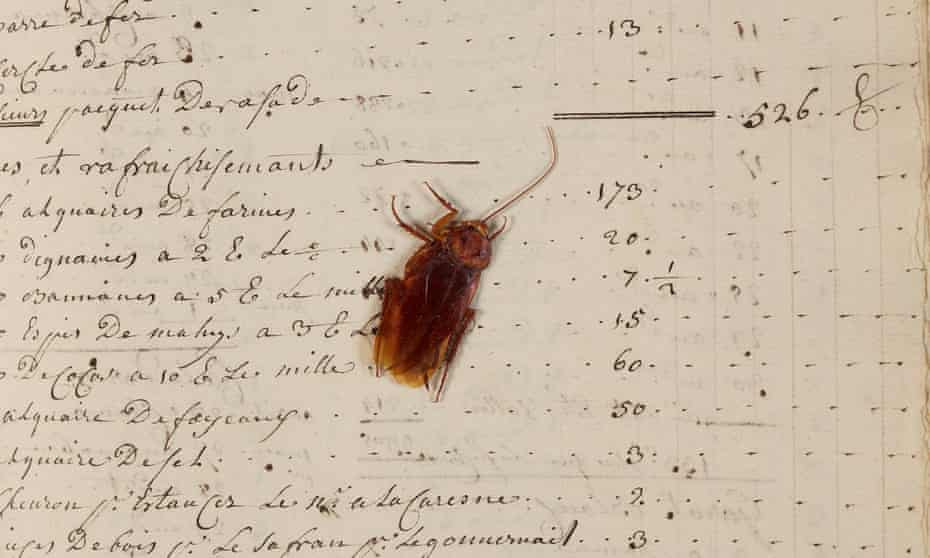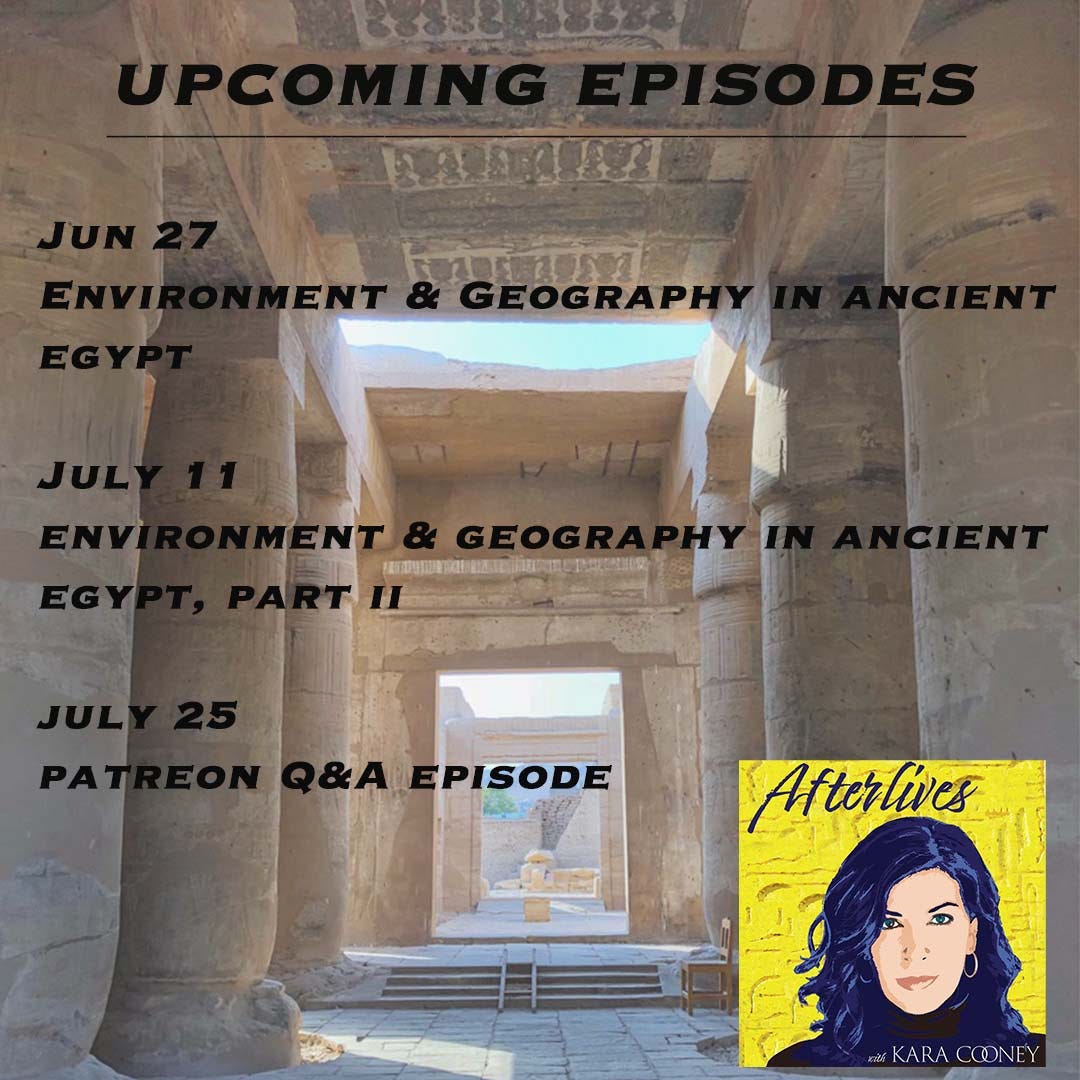Weekly Roundup - June 24th
Juneteenth, cockroaches in manuscripts, and new Khufu blocks--keep reading to find out more!
Afterlives is Celebrating Juneteenth!
Happy Juneteenth! This is the second year that Juneteenth has been a federal holiday, but many people still may not know what the holiday celebrates.
Juneteenth honors the day in history, June 19, 1865, when the last enslaved people in Galveston, TX finally found out that they were freed. There was no Twitter or Facebook back then so news traveled slowly. And more importantly, Texas slaveholders purposely withheld the information to further exploit enslaved African Americans. The statute said:
“The people of Texas are informed that, in accordance with a proclamation from the Executive of the United States, all slaves are free. This involves an absolute equality of personal rights and rights of property between former masters and slaves, and the connection heretofore existing between them becomes that between employer and hired labor. The freedmen are advised to remain quietly at their present homes and work for wages. They are informed that they will not be allowed to collect at military posts and that they will not be supported in idleness either there or elsewhere.” - General Orders, Number 3; Headquarters District of Texas, Galveston June 19, 1865
PBS has a wonderful set of resources, videos and text, to learn more.
Stone Blocks Date to King Khufu Era in Temple of the Sun Unearthed in Unprecedented Discovery
A joint German/Egyptian excavation at the ancient site of Heliopolis have found reused blocks dating to the reign of Khufu. For those well-versed in your Khufu artifacts, you know there are not many at all. These large granite blocks once presumably used for Khufu’s mortuary temple were re-used by Senwosret I, a Middle Kingdom pharaoh, in his sun temple at the site of Heliopolis.
We know of other Khufu blocks ending up in the pyramid of Amemenhat I at Lisht, so it makes sense that blocks were reused for temple construction as well. Kara has worked on reuse and we recently had a grad seminar on the topic as well. This adds further evidence to our corpus and begs the question—how did the ancient Egyptian kings view reuse? Was it necessity or piety? Or something else entirely? Did everything made by one king belong de facto to the current king?

A Thrilling Discovery of the Only Known Work by Female Renaissance Artist Caterina Angela Pierozzi
A painting by one of the few female Renaissance artists, Caterina Angelea Pierozzi, has been uncovered during the Colnaghi Gallery’s preparation of an exhibit. Little is known about Pierozzi, except that she worked for the Medici Grand Duchess Vittoria Della Rovere. It is thought that this miniature derives from a fresco from the Basilica Della Santissima Annunziata. She was also one of only two female artists accepted into the Accademia del Disegno during the 17th century. Kara finds it interesting that she worked on miniatures because patriarchal society usually demands women stay indoors, private, and stay within their space and their lane. Working on small-scale pieces was probably more do-able for a female artist.
A great find highlighting the achievements of one of the few early female painters we know about!

Eighteenth-century Cockroach Found in Slave-trading Ship Ledger
A ledger held in the British National Archives opened for the first time in over two-centuries held a surprise—a cockroach! This insect, originally native to Africa, must have come aboard during the vessel’s nefarious slave-trading ventures. This adds to the histories of these voyages and shows that archival work is a constant necessity. This ledger, an important document of the slave-trade, had not been opened since it was closed in the 1700’s, highlighting historians’ neglect of the history of the slave-trade through archival research. It’s almost as if those who have benefitted so much from slavery don’t want to know any more about it… What information is held in these important archives that has yet to be studied? This historical work is part of a hot and growing field. But watch out for bugs! There may be more where this roach came from.

The Untold Story of Japan’s First People
A longer read, but well worth your time. This article focuses on the hidden history of the Ainu people of Japan. Most interestingly, archaeologists have uncovered continued occupation layers at the Hamaka site dating back 3,000 years. In earlier histories, the Ainu were relegated to the side of Japanese history, but what is clear from these excavations is that the Ainu had a firm, long-lasting impact in the northern islands. (And Kara’s husband is half Ainu, which is pretty freaking cool, so watch out for a pic of Remy on Discord to show his extraordinary Ainu features!)
For much of the 20th century, Japanese hegemony pushed for a homogenous history of Japan, hiding much of the indigenous culture of the Ainu, who did not fit within this positivized, homogenized narrative, particularly as Japan was colonizing the northern islands. Excavations like this one are just a part of a recent push to explore the diversity of Japanese history.
Why Humans Sleep Less Than Their Primate Relatives
Apparently humans sleep wayyyy less than our primate relatives, and we are super jealous. And I am not talking the sleep deprived students or workers, but our “recommended” hourly span. Researchers argue that it has to do with safety. Shorter periods of REM sleep allow for someone in a human community to be near awake or completely awake at all times. Being lumbering two-legged animals on the ground really opened us up to predation, so we needed a sleep schedule to match.
Other theories deal with how social we are and that we sacrificed sleep to create bonds and community. Jordan, an avowed lover of sleep, would like to add that she catches zzz’s like a Common Squirrel Monkey, and a Ring-tailed Lemur on weekends. Kara used to be a champion sleeper but then motherhood destroyed that, and it seems she will never get it back……. but, do we really want to sleep 12 hours of our day away?? We have too much we want to do.
Afterlives of Ancient Egypt with Kara Cooney Podcast
Our first Patron Q&A episode was released this past Monday. We had a blast answering our Patron’s questions! Keep ‘em coming! And the discussions on Discord are super fun.
If you want your question answered, sign up to become a patron.
And here are our upcoming episodes through the end of July:







